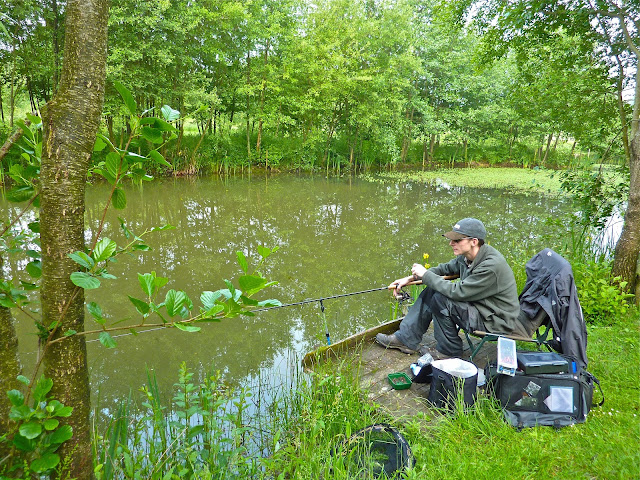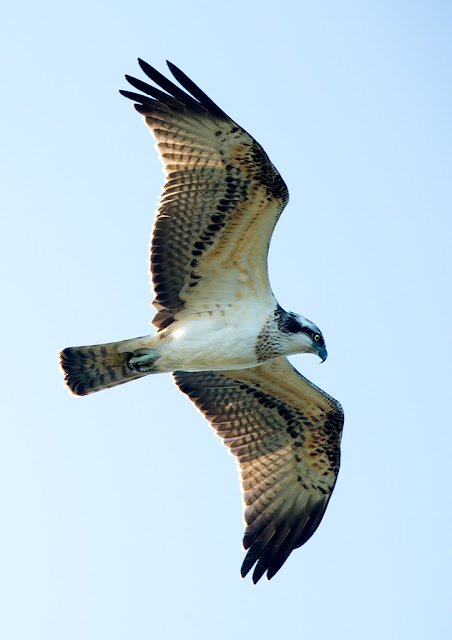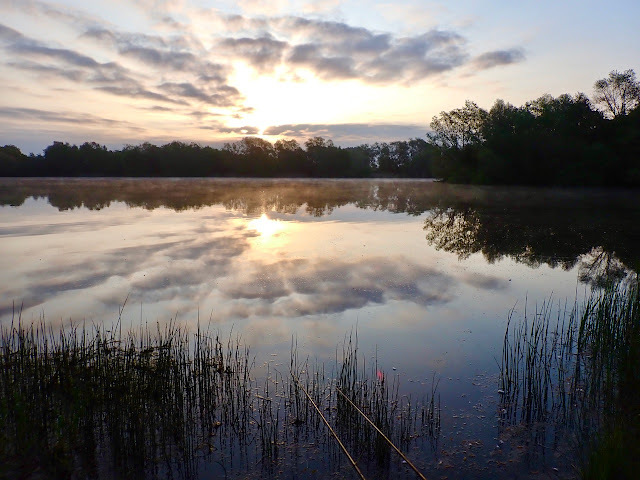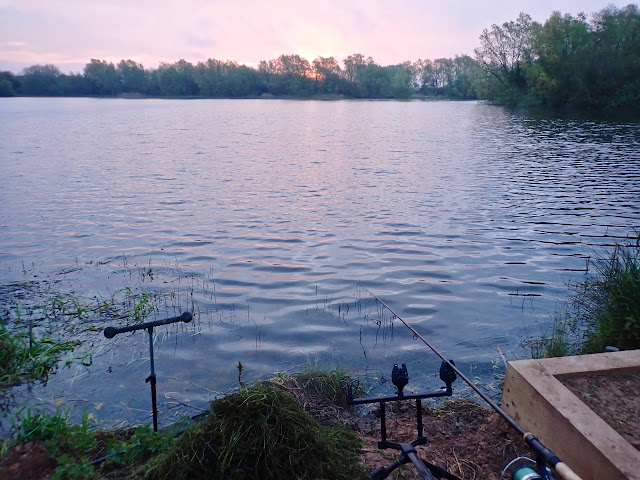Isn’t summer wonderful, the sun shining from a cloudless sky and insect treasures out on the wing, non more jewel like than the beautiful demoiselle. Yes, it's true name does include beautiful!
These damselflies love running water and we are blessed with a small stream running through our patch, so it provides a welcome for these lovely dragons and damsels. However, it’s been two months since I wrote anything about our lovely garden in Dorset and I blame it’s size for that, because two acres of wild beauty requires lots of time to keep it wild and welcoming.
From day one, our forty years gardening here has been driven by the desire to make it as wildlife friendly as possible. So I guess, for ages, we’ve been doing what is fast becoming so fashionable, even at that traditional garden festival, ‘Chelsea’, the catch-word ‘re-wilding’. And even though we’ve been letting nature take control at every opportunity, there is still a lot to do to move seamlessly from spring to summer and provide flowers for all our bees and butterflies.
The snow drops, daffs and tulips have retreated, likewise the bluebells, so ‘changing the guard’ by re-planting all the pots with insect friendly annuals and perennials such as gaura ‘whirling butterflies’ and that star salvia, ‘amistad’ has kept us busy.
Later in the summer, the more open flowered dahlias such as the ‘Bishops’of Oxford, Llandaff and Canterbury provide nectar for squadrons of bees and butterflies, so we have much to look forward to.
Despite the climate extremes, we enjoyed a great spring for butterflies such as brimstones and orange tips, followed by holly blues and just recently, our first red admirals, though not many commas this year.
We had a fascinating winter ‘event’ in our dark and dry wood shed when the underside of a propped up wheelbarrow was chosen by thirteen butterflies and two moths as the perfect place to hibernate, even as early as last July. There were both peacocks and small tortoiseshells and they clung on stoically until this spring, the final ones flying free on April 17th. So we enjoyed their company for a short while as they recovered from their long winter sleep - very long.
This recent spell of warm weather has seen the emergence of our four-spotted chasers, broad-bodied chasers and beautiful demoiselles, a southern hawker and several emperor dragonflies too, so our six ponds are providing lots to marvel at, not least the hundreds of mating southern damselflies.
One of the garden treasures that I particularly cherish are our glorious shoals of rudd, out warming their golden backs as they enjoy the sunshine.
Why many gardeners have a hostile attitude to including fish in their garden ponds is difficult to understand, unnecessary too, for we enjoy dozens of dragons and damsels that egg lay above our rudd and orfe every year, even mayfly, so the fish seem to do little harm. What’s more, fish are wildlife, beautiful and fascinating in their own right, until our visiting otters make a night raid and eat them all. Well, it did eat the golden orfe. The rudd have survived - so far!
One of the treats of summer and a reason why everyone should dig a pond is that they can become alive with dragons and damsels and we always enjoy these flying marvels over the ponds when the weather is warm. Emperor dragons are numerous and we even enjoy the occasional visit from gold-ringed dragonflies ...
... though this one in the happy snap was zapped soon after by that glorious falcon from Africa, a hobby that flashed past in front of our eyes as we enjoyed a cuppa. Amazing or what!
We always enjoy our bird visitors and provide food for many blackbirds and tits, bullfinches and nuthatches too, along with a regular pair of great-spotted woodpeckers. Mum brought one of their chicks for a coconut feast a week or so ago and learning quickly which side it's bread is buttered, it's coming along by itself now.
The birds use our little streams for drinking and bathing, even the buzzards and sparrow hawks enjoy bathtime, and our minnows have been spawning in the flowing water for weeks, ensuring that the kingfishers have plenty to eat when they visit - soon we hope, though I fear the winter’s long cold spell and flooded rivers will have reduced their numbers, because if they don’t eat anything for thirty-six hours, they die!
Sadly, the excess rains followed by a long cold spell killed our butterfly loved hebe’s and that happened to even the great’s like Monty Don of BBC ‘Gardeners World' fame. But how the combination of excess rain and cold effected many of our trees and shrubs is a mystery, for this year, the garden has been garlanded by vibrant and floriferous blooms as never before. Natures gift ... glorious ...
Just in front of the cottage and beyond one of our six ponds, the wildflower meadow has flowered impressively this summer, the southern marsh-orchids particularly tall and numerous.
We have other orchids too, a few common spotted-orchids and pyramidal orchids and all have mysteriously appeared since we stopped mowing the lawn.
‘No Mow May’ is an admirable principal, for you never know what delightful treasures will appear on your patch.
However, we’ve had very few butterflies enjoying the meadow flowers, not many bees either and like our friends nearby, we suspect the cold nights and chill winds this spring have delayed their arrival. As a form of compensation, little grasshoppers have been numerous.
Even better, the usual spring frosts didn’t kill our wisteria blooms this spring, so their flowers were smelling gorgeous as they draped delightfully all over our arches and pergolas.
Our happy news doesn’t end there, for our local ospreys, female CJ7 and her mate 022 have returned safely from their winter sojourn in West Africa and are now caring for their three rapidly growing chicks in Poole Harbour. They are doing well because their dad is doing what his name suggests [I’ve nicknamed him ‘Catch 22’], providing salmon, grilse, sea trout, big brown trout, bass, mullet, flounders, chub and a big roach.
Our local pair of white-tailed eagles are seen in the harbour almost daily and we hope they might even breed locally in the next year or two, so we share an exciting future with our friends just up the road, Jane and Andrew Adams.
If you want to follow the osprey’s progress and see the daily news on the eagles and other wildlife sightings, then please check out the truly excellent “Birds of Poole Harbour” website. The charity are doing a wonderful job and in these days of climate crisis, they are proving that not all wildlife stories have to be bad news!
Only last weekend a red kite flew over our garden but even better, bearing in mind that during my childhood, seeing even one surviving kite in their Wales HQ was a rarity, yesterday our daughter Katie and Simon were in their garden just up the road when ten red kites circled over them. Yes, TEN! Now, that's good news!






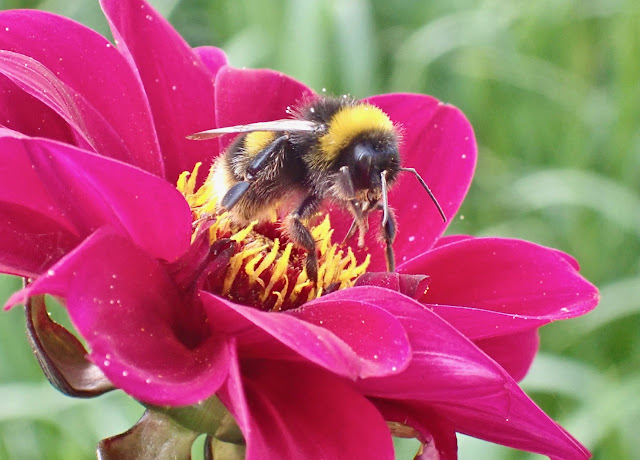


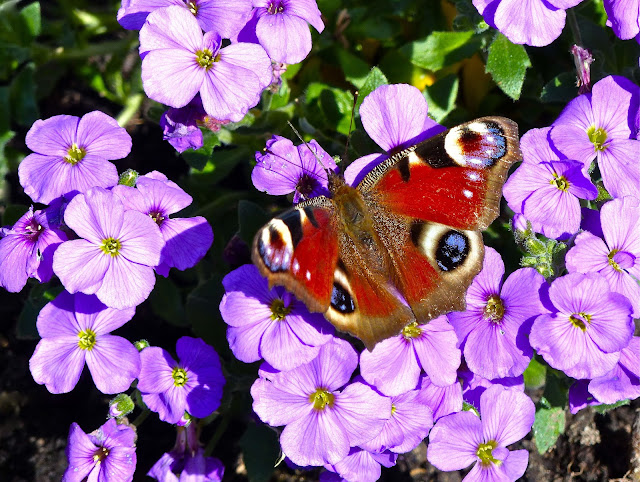




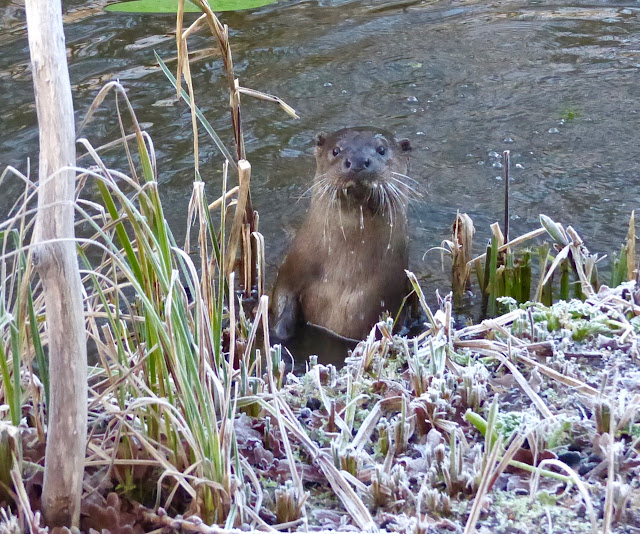







.jpg)


.jpg)












